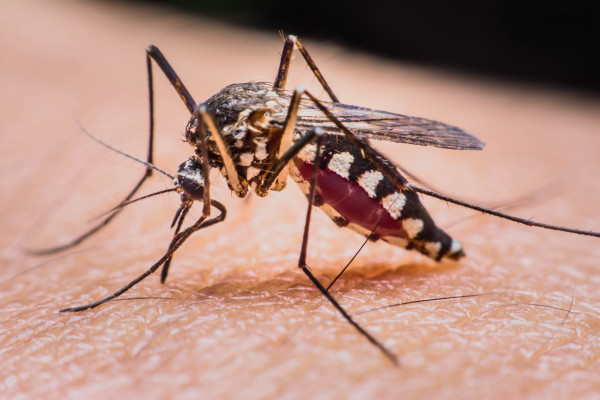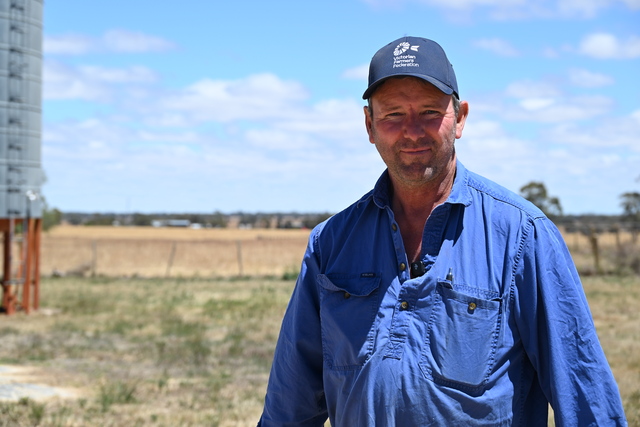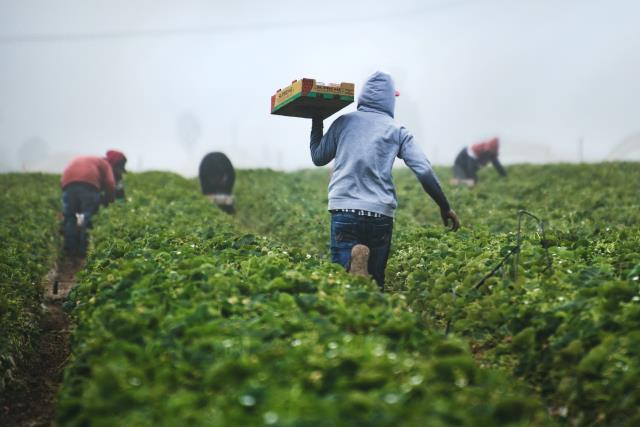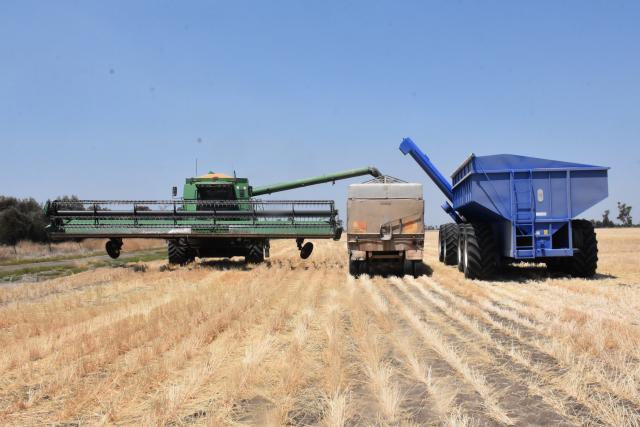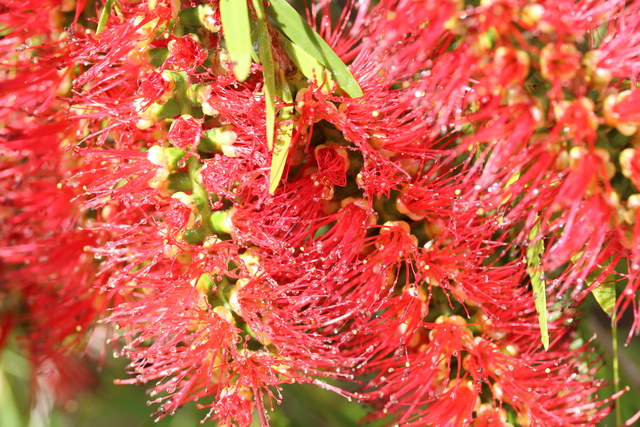AGRICULTURE Victoria says it’s working closely with both the pig and horse industries in response to the ongoing Japanese encephalitis.
There are now a total of 22 properties with pigs confirmed with Japanese encephalitis in Victoria, including across the Gannawarra and Loddon local government areas.
A number of suspected cases are under investigation.
The detections are the result of national surveillance efforts to identify new cases and determine the extent and spread of the disease and the source of its introduction.
Japanese encephalitis has also been confirmed in piggeries in New South Wales, Queensland and South Australia and in a small number of feral pigs in the Northern Territory.
A Department of Health spokesperson told the Gannawarra Times there are nine confirmed cases (including one fatality, previously announced) and three probable cases of Japanese encephalitis in Victoria.
“To protect yourself from Japanese encephalitis, we recommend using insect repellent, insecticide sprays, wearing long and loose fitting clothes outside and using insect nettings or coils to block entrances,” they said.
“If you work in a piggery, abattoir, vector control, environmental services or diagnostic and research laboratory industries (exposed to the JEV) you are eligible to receive a JEV vaccine.”
Asked if the threat of the virus had subsided with the cooler temperatures, the department said it was “too soon to tell at this stage”.
Agriculture Victoria spokesperson said the agency was working closely with industry, conducting surveillance activities and providing advice and information to farmers, livestock and horse owners.
Infection is not spread directly from pigs to people, and there is no risk to humans from eating pig meat.
Only infected mosquitoes can spread infection.
Agriculture Victoria said pork was safe to eat.
In general, spread is through the movement of some species of migratory water birds and through the movement of infected mosquitoes, often over long distances.
It does not usually spread directly from animal-to-animal.
More information about Japanese encephalitis virus and animals is available online through Agriculture Victoria’s website.
For more information about Japanese encephalitis virus and human health contact your GP or phone NURSE-ON-CALL on 1300 606 024, or go to www.health.vic.gov.au/jev.

